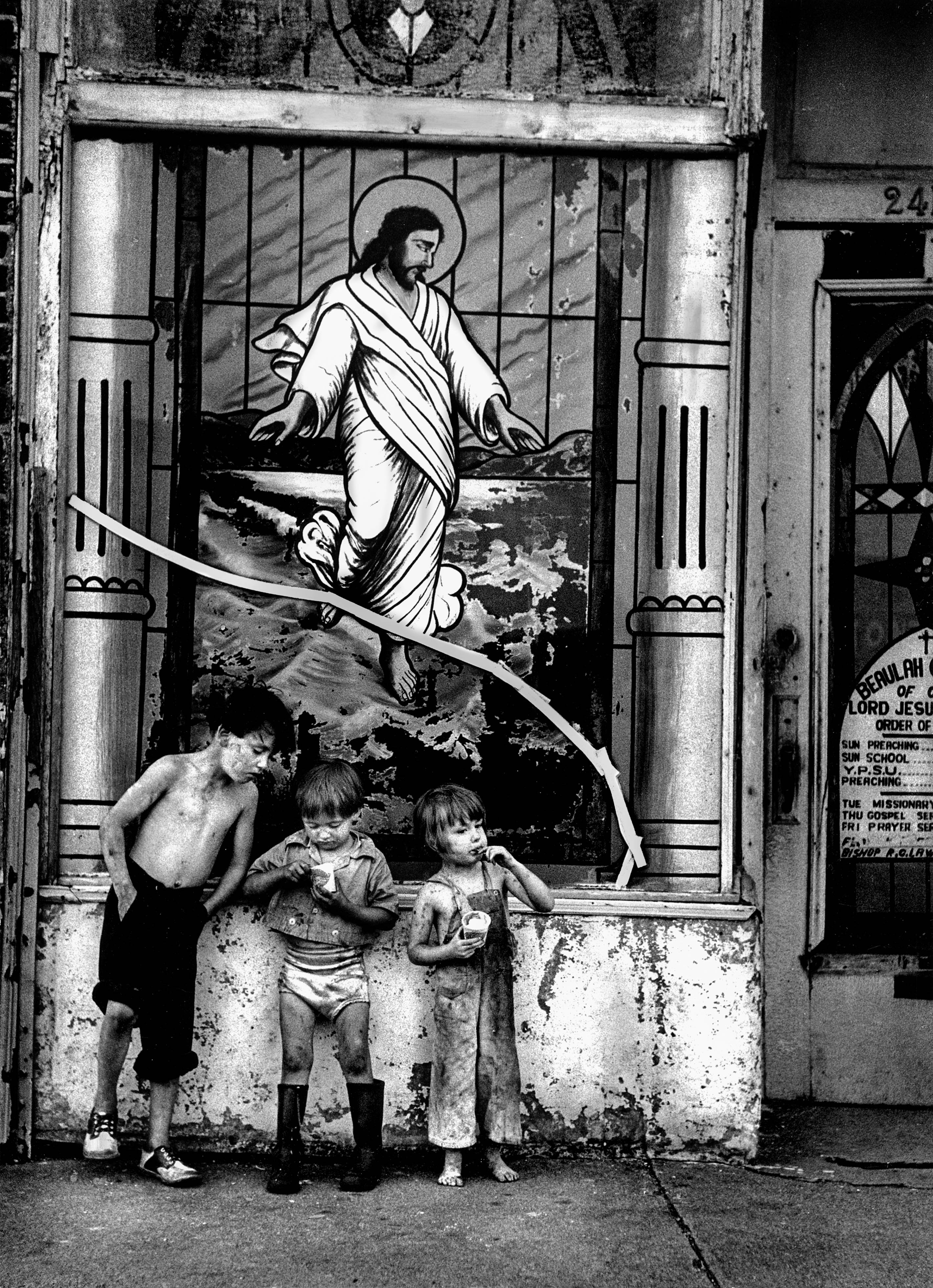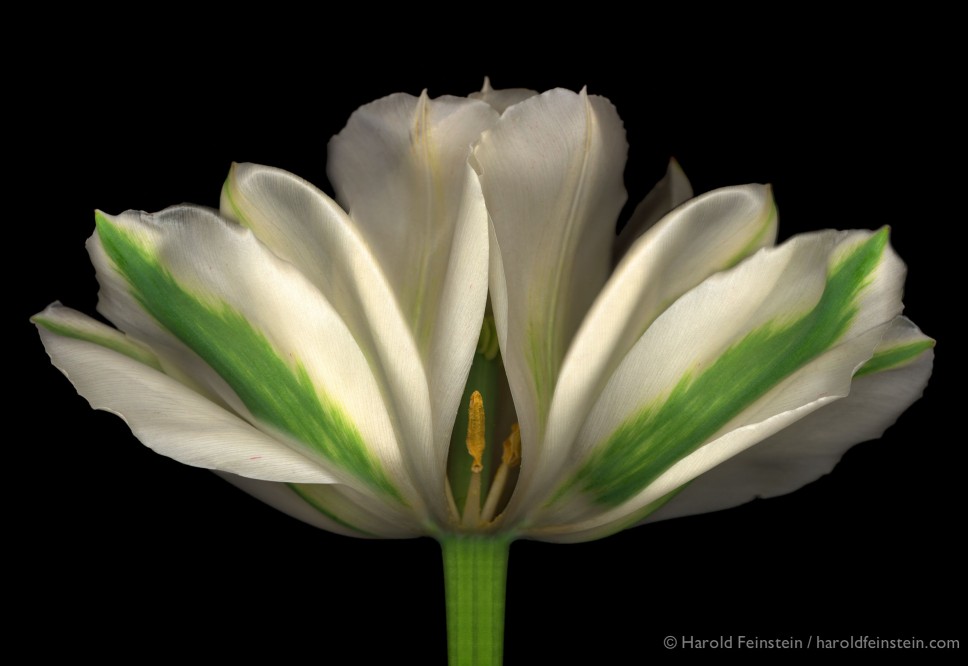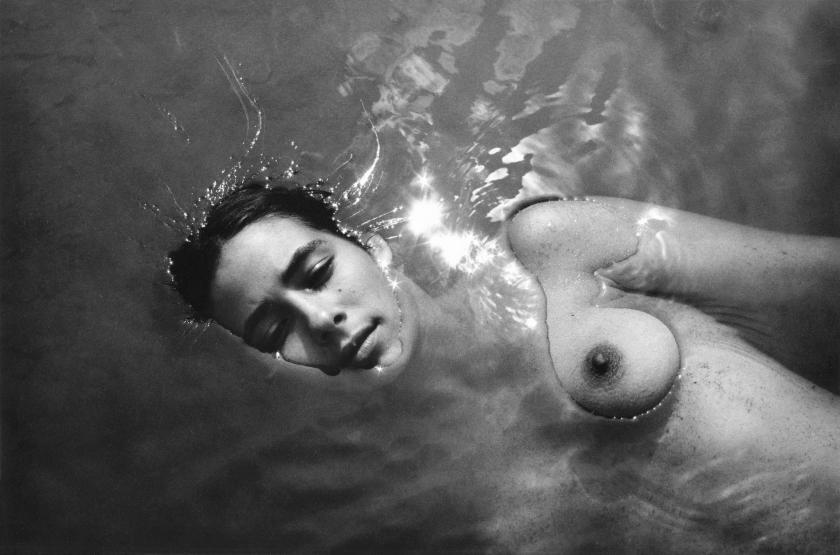This is a real passion project; British filmmaker Andy Dunn spent years building up a relationship with the late American photographer Harold Feinstein, filming him at work and interviewing friends, family and colleagues. The result is a loving portrait of a remarkable man. Perhaps it could have done with more judicious editing of the accolades and a little more probing of Feinstein’s darker side, but it is well worth seeking out by anyone with an interest in the history of photography.
Feinstein grew up in Brooklyn in a first-generation immigrant Jewish family. He left home in his teens because of his bullying father but had already taken up photography. He had an innate gift for capturing the decisive moment and the chutzpah to get right in people’s faces. His fabulously energetic portraits of melting pot Americans enjoying the funfair and beaches of Coney Island in the ‘40s are masterpieces of monochrome street photography.
 Looking back he recalls the seaside resort as his ‘treasure island’ musing that the question was "not how could you get a picture, but how could you avoid it?" Couples make out, young kids grin delightedly, the whole world is in motion in every Feinstein frame. He was fearless about getting close to the action; "when your mouth drops open, hit the shutter" was his motto. His portraits of ordinary American soldiers in Korea are relaxed observations of everyday life in the service, captured from the perspective of another drafted conscript rather than an official war photographer.
Looking back he recalls the seaside resort as his ‘treasure island’ musing that the question was "not how could you get a picture, but how could you avoid it?" Couples make out, young kids grin delightedly, the whole world is in motion in every Feinstein frame. He was fearless about getting close to the action; "when your mouth drops open, hit the shutter" was his motto. His portraits of ordinary American soldiers in Korea are relaxed observations of everyday life in the service, captured from the perspective of another drafted conscript rather than an official war photographer.
Dunn intercuts Feinstein’s images with judicious period footage to create a fairly conventional biographic portrait; we follow the photographer through his precocious success, selling his images to Edward Steichen at MOMA when he was just nineteen, selling out his first show in 1952 and on to his moment of hubris when he turned down the invitation to be included in the ground-breaking photography project The Family of Man. Steichen wanted to crop and frame all the images in the 1955 travelling exhibition and accompanying book. But Feinstein, who was a master of printing his own work, couldn’t abide relinquishing control to Steichen. As a consequence he didn’t get the kind of international exposure that made the names and careers of many American photographers (including Helen Levitt, Irving Penn and Gordon Parks). Instead Feinstein worked on creating great portraits of jazz artists and merging images to create album covers for Blue Note and sought financial security through teaching.
 There are warm reminiscences from all three of Feinstein’s wives as well as his son and his students from his years as a charismatic teacher. His embrace of ‘60s counter culture led to indulgence in alcohol and hallucinogens and there's a sense that he lost his way. But in a sunset sequence Dunn films Feinstein in his 80s back in Coney Island, still smiling beatifically and using his great charm to put young lads at their ease and let him take their picture. Ever the experimenter, Feinstein changed style completely in the late ‘90s when he devised a technique for making extraordinary hyperrealist images of flowers (pictured above) using a digital scanner as a camera. The resulting book and its sequels made him rich in a way that his street photography never had. There’s a slightly distracting syntactical problems with the interviews with friends and admirers - some were filmed while Feinstein was still alive, others after his death in 2015. It’s discombobulating to hear him talked about in both the present and past tense. The bigger challenge Dunn has though is intercutting his own digital images of Coney Island and New York today with Feinstein’s images on film in the '40s and '50s, but those minor caveats aside, this is a worthwhile documentary to set alongside recent portraits of Vivian Maier, Robert Frank and Gordon Parks.
There are warm reminiscences from all three of Feinstein’s wives as well as his son and his students from his years as a charismatic teacher. His embrace of ‘60s counter culture led to indulgence in alcohol and hallucinogens and there's a sense that he lost his way. But in a sunset sequence Dunn films Feinstein in his 80s back in Coney Island, still smiling beatifically and using his great charm to put young lads at their ease and let him take their picture. Ever the experimenter, Feinstein changed style completely in the late ‘90s when he devised a technique for making extraordinary hyperrealist images of flowers (pictured above) using a digital scanner as a camera. The resulting book and its sequels made him rich in a way that his street photography never had. There’s a slightly distracting syntactical problems with the interviews with friends and admirers - some were filmed while Feinstein was still alive, others after his death in 2015. It’s discombobulating to hear him talked about in both the present and past tense. The bigger challenge Dunn has though is intercutting his own digital images of Coney Island and New York today with Feinstein’s images on film in the '40s and '50s, but those minor caveats aside, this is a worthwhile documentary to set alongside recent portraits of Vivian Maier, Robert Frank and Gordon Parks.















Add comment